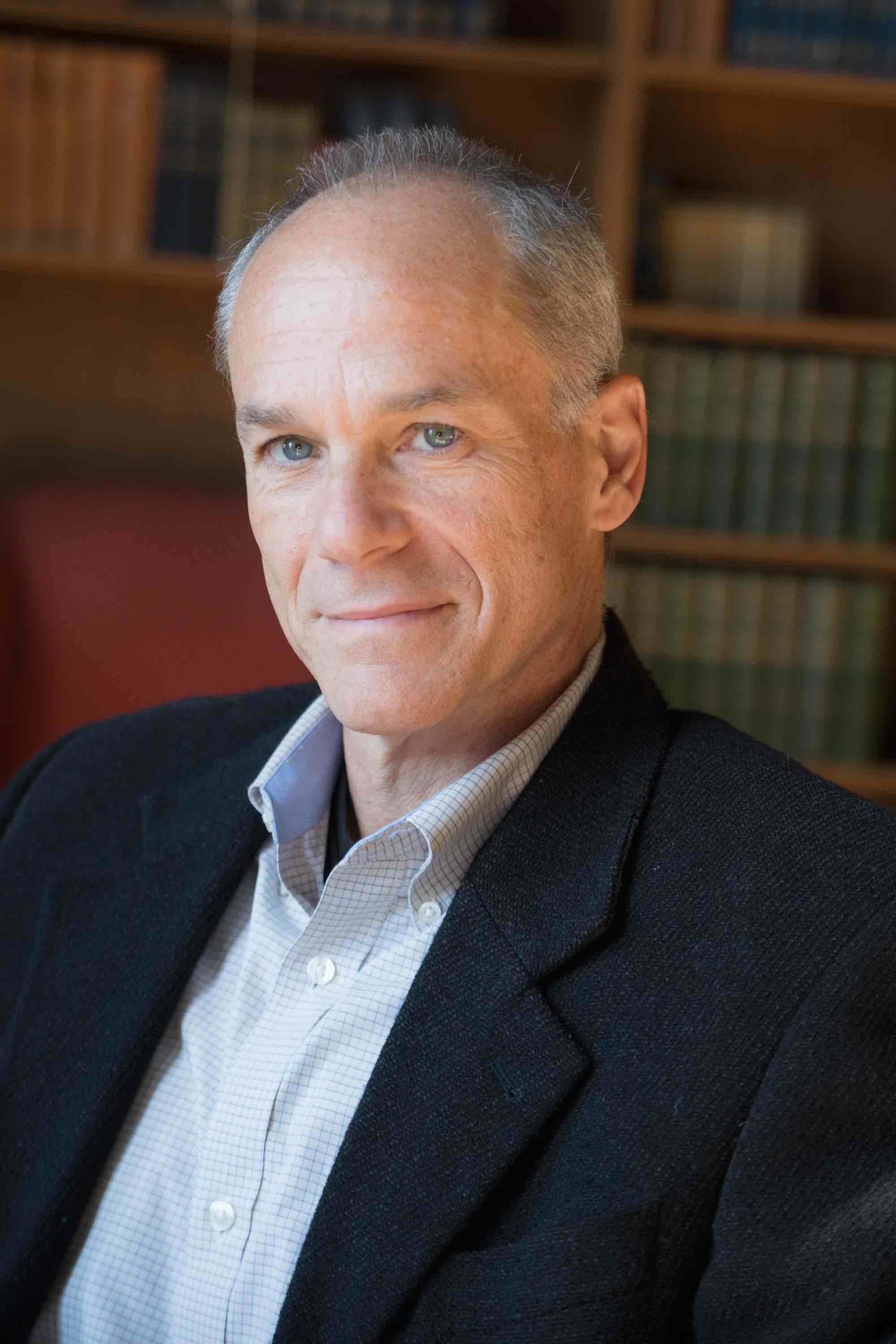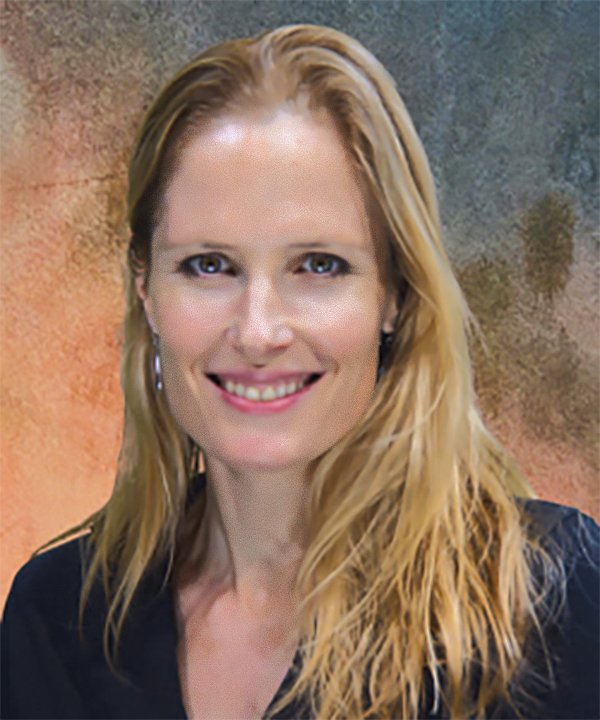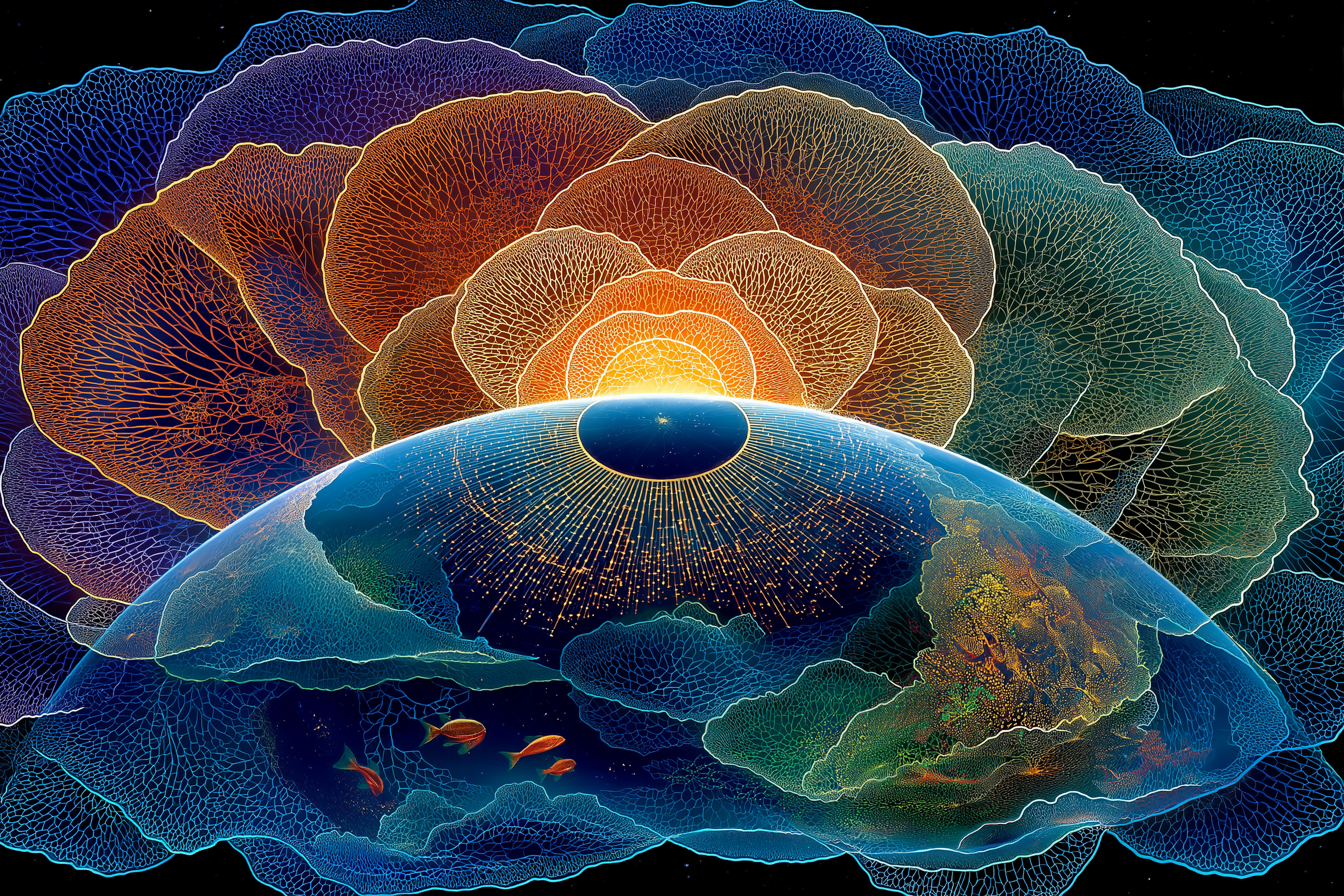Think Tank
Our project of civilization is at a crossroads, besieged by ideological polarization, social disruption, and environmental cataclysm while institutions grow weaker and cynicism about the future is widespread.
To counter this grim picture, we need to reframe the mythos of humankind, to create a narrative that engenders a collective sense of purpose able to transcend the tribal divisions that still dictate social dynamics. This project seeks to incubate a new kind of leadership, one that springs from the confluence of many ways of knowing. We will bring together carefully curated, small groups of distinguished scientists, humanists, artists, and public intellectuals to spend five days immersed in deep discussion about the present social challenges we face. The venue is an essential part of the experiment, a sixteenth-century private church in the heart of Tuscany with roots going back to the 1200s as a sacred pilgrimage place, with 39 sanctioned miracles. Our project thus returns to the birth site of the Renaissance to rethink the human condition and forge new pathways toward our individual and collective flourishing.
Attendance to the workshops is by invitation only.
Supported by
Hosts
-

Marcelo Gleiser
Marcelo Gleiser is the Appleton Professor of Natural Philosophy and professor of physics and astronomy at Dartmouth College, a world-renowned theoretical physicist and public intellectual. He’s authored hundreds of technical and nontechnical papers and essays, and seven books in English translated to 18 languages. His writings explore the historical, religious, and philosophical roots of science, past and modern. Gleiser is a Fellow of the American Physical Society, a recipient of the Presidential Faculty Fellows Award from the White House, and founder and past director of the Institute for Cross-Disciplinary Engagement at Dartmouth. He co-founded National Public Radio’s 13.7 Science and Culture blog, and currently writes weekly for BigThink.com. He is the 2019 Templeton Prize laureate, an honor he shares with Mother Tereza, Archbishop Desmond Tutu, the Dalai Lama, and scientists Freeman Dyson, Jane Goodall, Sir Martin Rees, and Frank Wilczek.
-

William Egginton
William Egginton is the Decker Professor in the Humanities, chair of the Department of Modern Languages and Literatures, and Director of the Alexander Grass Humanities Institute at Johns Hopkins University. He is the author of multiple books, including How the World Became a Stage (2003), Perversity and Ethics (2006), A Wrinkle in History (2007), The Philosopher’s Desire (2007), The Theater of Truth (2010), In Defense of Religious Moderation (2011), The Man Who Invented Fiction: How Cervantes Ushered in the Modern World (2016), The Splintering of the American Mind (2018), and The Rigor of Angels (2023), which was named to several best of 2023 lists, including The New York Times and The New Yorker. He is co-author with David Castillo of Medialogies: Reading Reality in the Age of Inflationary Media (2017) and What Would Cervantes Do? Navigating Post-Truth with Spanish Baroque Literature (2022). His latest book, on the philosophical, psychoanalytic, and surrealist dimensions of the work of Chilean director Alejandro Jodorowsky, was published in January 2024.
-

Kari Gleiser
Dr. Kari Gleiser is a licensed clinical psychologist who specializes in the treatment of complex trauma and dissociation. She is a senior faculty member in the AEDP Institute, a psychotherapy training institute for clinicians in an attachment-based, experiential and transformational model of therapy. She has co-developed an “intra-relational” model of parts that imports AEDP’s relational and experiential interventions to patients’ internal systems of dissociated self-states. Dr. Gleiser teaches and consults internationally. She holds an undergraduate degree in Creative Writing from Dartmouth College and a Ph.D. in Clinical Psychotherapy from Boston University.
Is There Purpose in the Universe?
October 12-17, 2025 • Oratorio di Barottoli
Does the universe have purpose, or is meaning something we project onto it? Through dialogue between science, philosophy, and spirituality, this think tank explores questions about cosmic origins, consciousness, and intention — inviting participants to reflect on humanity’s place in the unfolding story of existence.
Inspiration, Transformation, and Human Flourishing
April 27–May 02, 2025 • Oratorio di Barottoli
What drives us to create? How do stories transform individuals and communities? This gathering examines how narratives — artistic, philosophical, and spiritual — shape meaning, identity, and resilience, opening pathways toward collective well-being and human flourishing.
What is life? A 21st-century reassessment
March 02-07, 2025 • Oratorio di Barottoli
We understand much about how life functions, yet little about what life truly is. This dialogue explores the transition from inert to living matter, the emergence of sentience, and the ethical frontiers of biotechnology. Scientists and philosophers join to reflect on what defines life and how it shapes our future.
The many kinds of intelligence: animal, human, plant, extraterrestrial, machine, planetary, emotional
October 20-25, 2024 • Oratorio di Barottoli
What is intelligence, and how does it relate to consciousness? This gathering brings together scientists, philosophers, religious thinkers, and representatives of indigenous traditions to explore the many forms of intelligence — human, animal, plant, artificial, and planetary — and to reimagine how they connect and evolve.











